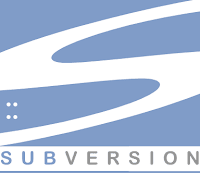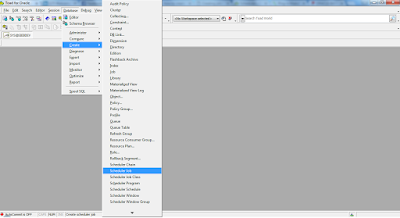Free - Open Source Version Control Software Systems
Subversion is an open source version control system. Founded in 2000 by CollabNet, Inc. Subversion universally recognized and adopted as an open-source, centralized version control system characterized by its reliability as a safe haven for valuable data. The simplicity of its model and usage and its ability to support the needs of a wide variety of users and projects, from individuals to large-scale enterprise operations.
Darcs is a free, open source source code management system. Darcs is easy to learn and efficient to use because it asks you questions in response to simple commands, giving you choices in your work flow. You can choose to record one change in a file, while ignoring another. As you update from upstream, you can review each patch name, even the full "diff" for interesting patches.
Bazaar is a distributed version control system, which released under the GPL license and can be used in Windows, GNU / Linux, UNIX, and Mac OS systems. Bazaar sponsored by the Canonical, has been serving the Samba, Drupal and other well-known open source projects.
Bazaar currently already contains many useful features that make it has the following distinctive features:
1) Easy to use
2) Stable and reliable
3) The use of flexible
Bazaar also includes smart combination, support plug-ins can be integrated with third-party tools, documentation, support and other features.
Mercurial is a lightweight distributed version control system, using Python language, easy to learn and use, and strong expansion. Compared with the traditional version control, has the following advantages:
1) Easier management.
2) More robust system.
3) Less dependent on the network.
Fossil is a simple, highly reliable distributed software configuration management system. Its features are:
1. Bug Tracking and Wiki
2. Web Interface
3. Automatic synchronization
4. Support the HTTP Interface
5. Embedded CGI
6. Stable and reliable
OPENCVS collaboration is a free version of the system (CVS) to achieve, CVS is the most popular open source version control software. It can be used for client and server-side repository that provides for storage of data in the repository fine-grained access control. Its goal is in addition to completely reduce the system security features, as far as possible be compatible with other CVS.
Monotone is a distributed version control system, provides a simple, single file storage, and point to point transaction synchronization protocol version to support the version of history-sensitive merging, lightweight branches of processing and integrated code review and third-party testing tools. Encrypted version of the command mode and the client RSA certificate, good support international, independent third-party tools to support cross-platform.
CVS (Concurrent Versions System) version control system established, which is based on client / server behavior makes it can accommodate multiple users to form networks are also very convenient. This feature makes the CVS be located in different places people at the same data processing documents (in particular, the source code) is preferred.











Comments
Post a Comment